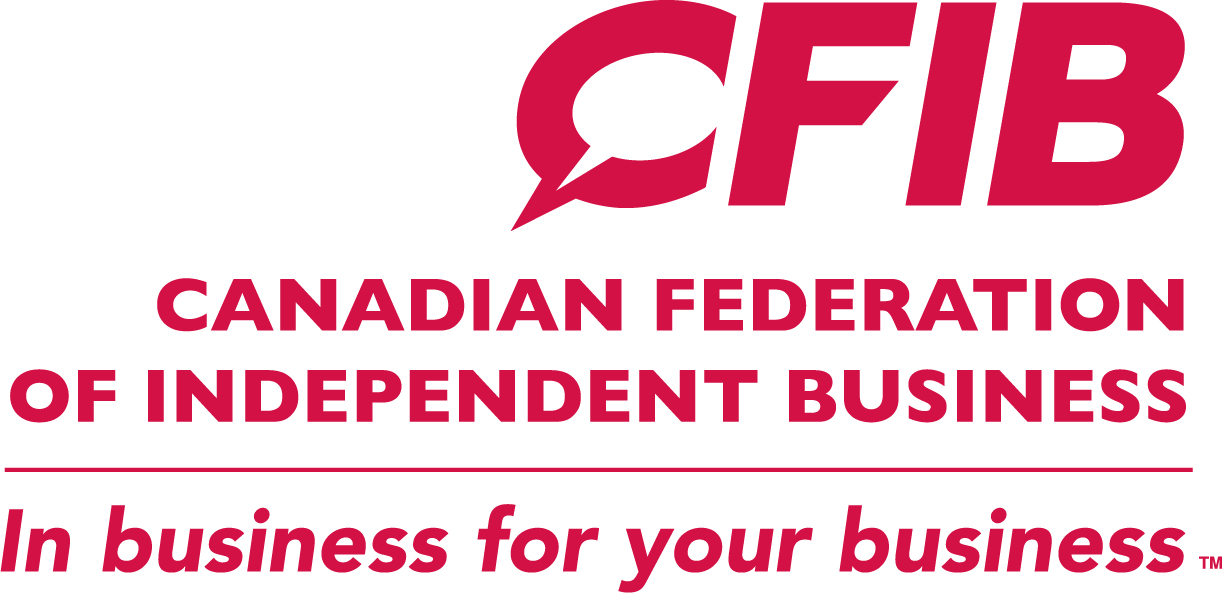Federal budget a missed opportunity to help small businesses recover from COVID: CFIB
OTTAWA, ON, April 7, 2022 /CNW/ - The Canadian Federation of Independent Business (CFIB) is disappointed that today's federal budget doesn't include measures to help small businesses' post-pandemic recovery. Small businesses continue to struggle after an extremely difficult two years and now face a host of higher costs and a mountain of COVID-related debt.
"The federal budget ends all COVID support programs, including the Canada Recovery Hiring Program, which was meant to help small firms rebuild their workforce in the post-COVID recovery phase. The budget was a missed opportunity to help small firms now facing massive cost increases on virtually every line of their own budgets, including payroll and carbon taxes. It also doesn't help the two thirds of businesses (67%) that were forced to take on COVID-related debt, at an average of $158,000 per business," said Dan Kelly, CFIB president. "CFIB will continue to advocate for a small business hiring incentive and 50% forgiveness of Canada Emergency Business Account (CEBA) loans."
Over many years and several governments, CFIB fought hard to improve and defend Canada's lower rate of taxation on small businesses. But still, many growing and capital-intensive firms lose access to the lower rate of 9% on the first $500,000 in corporate income when they reach $15 million in taxable capital. "We congratulate the government for accepting CFIB's long-standing recommendation to raise this threshold to $50 million, encouraging more small firms to grow to medium-sized. We are also encouraged by the planned review of rollover provisions for small business investments," Kelly said.
CFIB notes the positive changes to the Temporary Foreign Worker (TFW) Program announced earlier this week, including a longer validity for Labour Market Impact Assessments, allowing employers in certain sectors to hire up to 30% of their workforce through the program and opening up the program to lower-wage occupations in the accommodation, food services and retail industries in regions with an unemployment rate of 6% or higher. "The changes to the TFW program will be of significant help to small businesses struggling to rebuild their workforce," Kelly added.
"Despite an election promise in 2019 and a budget commitment in 2021, no progress has been made in reducing credit card fees for small business other than yet another round of consultation. As the vast majority of credit card processing fees go to Canada's banks, it appears higher bank tax revenue for the federal government was prioritized over promised fee relief for small business," Kelly continued.
This budget includes billions in new spending and deficits as far as the eye can see. Small businesses know that today's deficits mean more taxes for them down the road. A plan to move more quickly to balance the budget remains a priority for small business owners.
April 1 saw an increase in carbon taxes, adding further unfairness to a tax regime that collects hundreds of millions from small businesses while returning next to nothing to them in rebates. Fuel and energy costs were viewed as the single biggest cost challenge facing small business and a process to return these desperately needed dollars to small businesses has yet to be created. "CFIB will continue to lobby for a rebate program available to all small firms paying federal carbon taxes," Kelly added.
"At a time when many small firms are struggling to make payroll, the budget confirms workers and employers will see another significant increase in both Employment Insurance (EI) and CPP/QPP premiums. And with potentially costly changes planned for the EI system, small firms are rightly worried about many years of payroll tax hikes ahead," Kelly said.
CFIB is encouraged by several other budget initiatives, including:
- A potential new vehicle to create Employee Ownership Trusts
- A $4,000 deduction for tradespeople for temporary relocation expenses
- A cannabis strategy table to help grow the industry
- A new banking complaints handling system which CFIB hopes could include small business and payments related complaints
CFIB plans to immediately survey its members on many of these budget measures and will continue to work with the government to advance the issues that matter to small businesses across the country.
The Canadian Federation of Independent Business (CFIB) is Canada's largest association of small and medium-sized businesses with 95,000 members across every industry and region. CFIB is dedicated to increasing business owners' chances of success by driving policy change at all levels of government, providing expert advice and tools, and negotiating exclusive savings. Learn more at cfib.ca.
SOURCE Canadian Federation of Independent Business

For media enquiries or interviews, please contact: Dariya Baiguzhiyeva, CFIB, 647-464-2814, [email protected]

Share this article